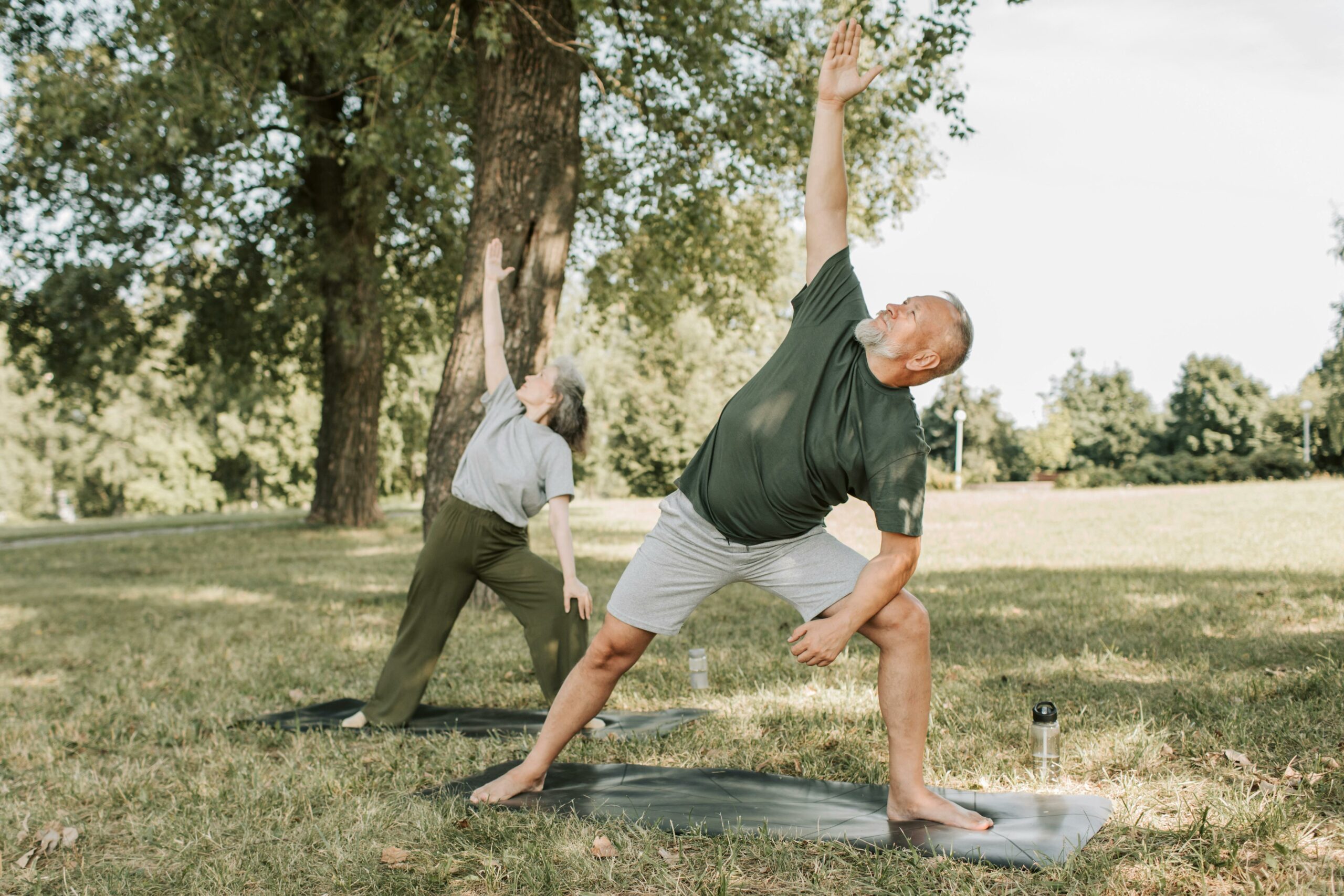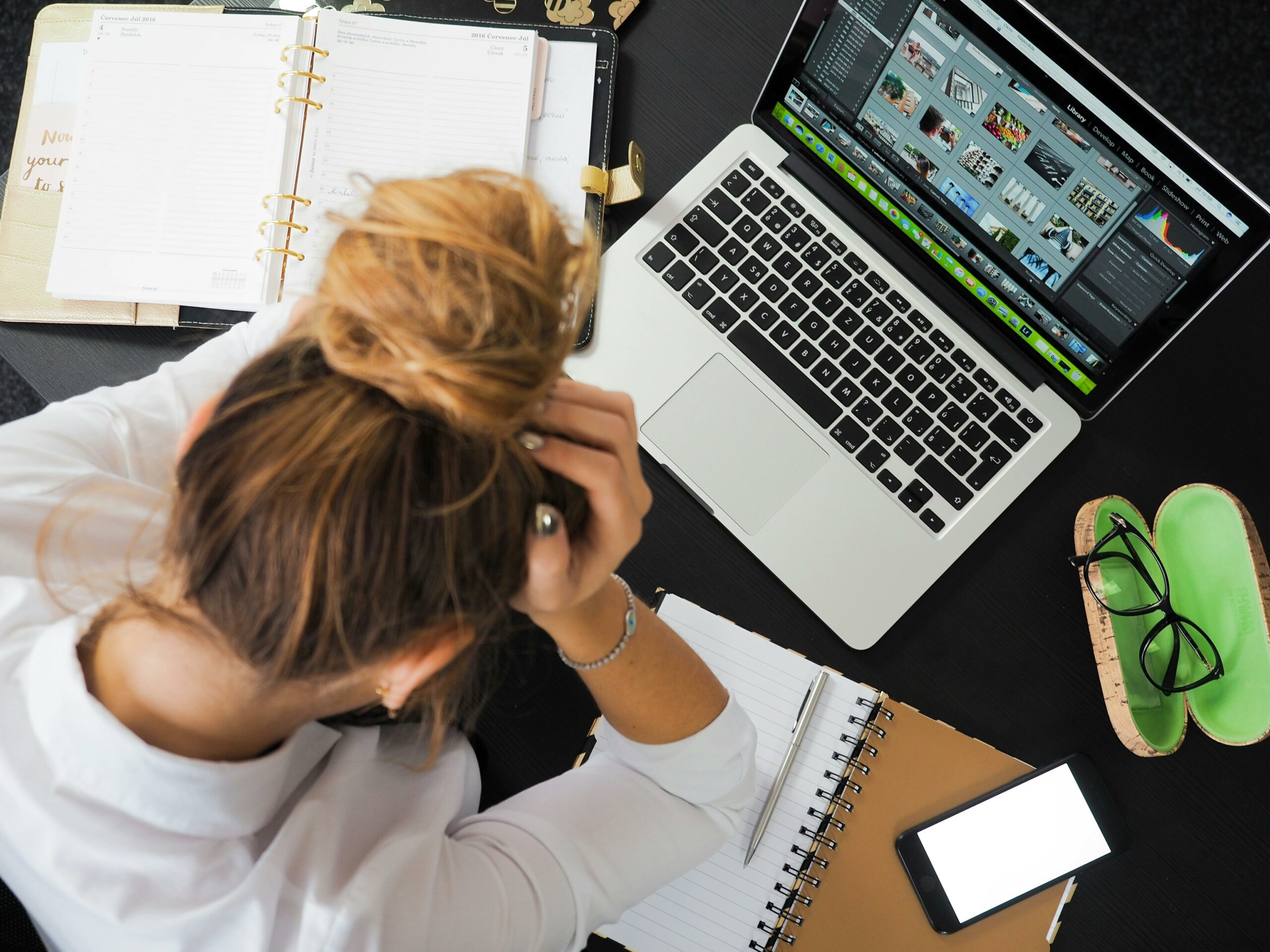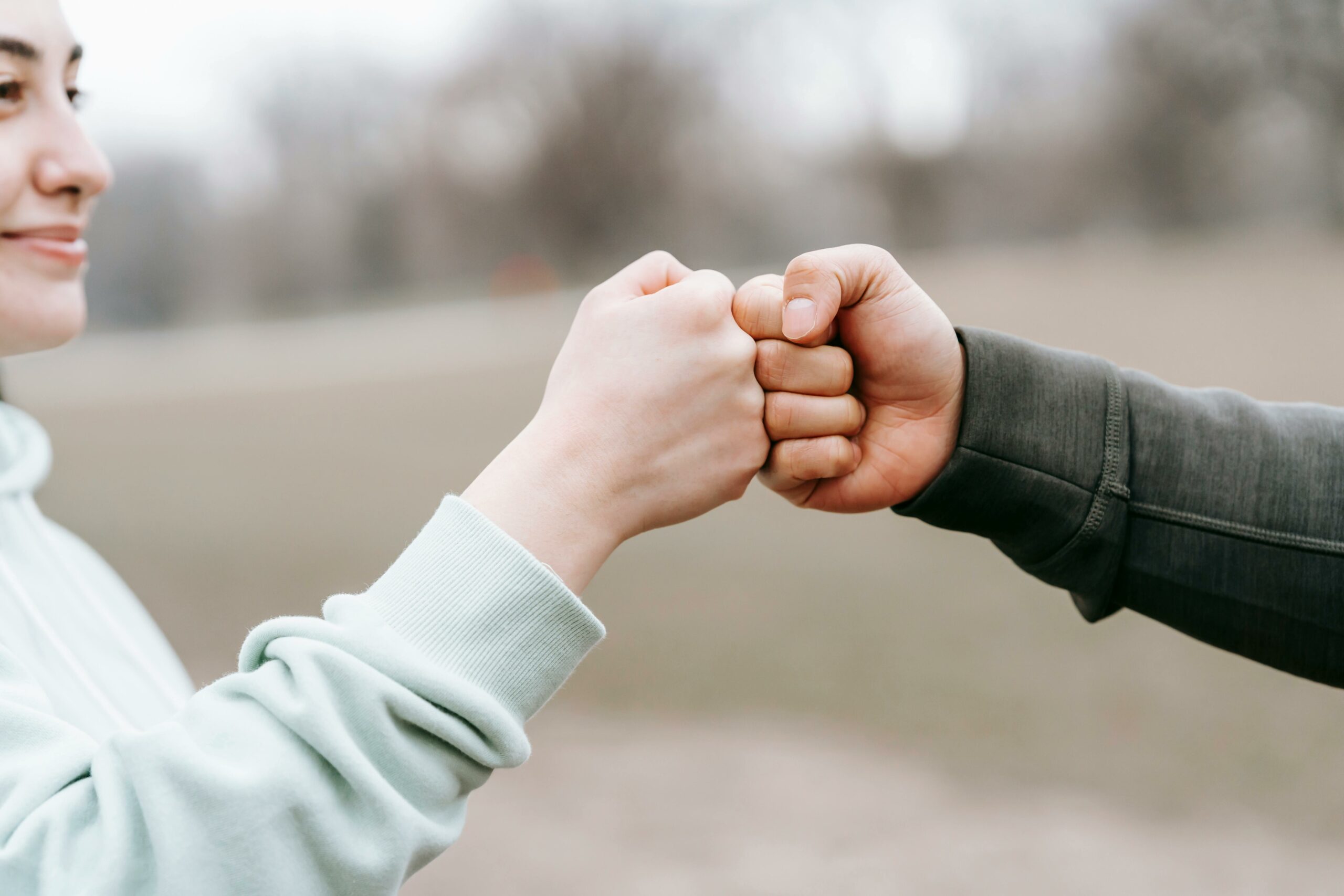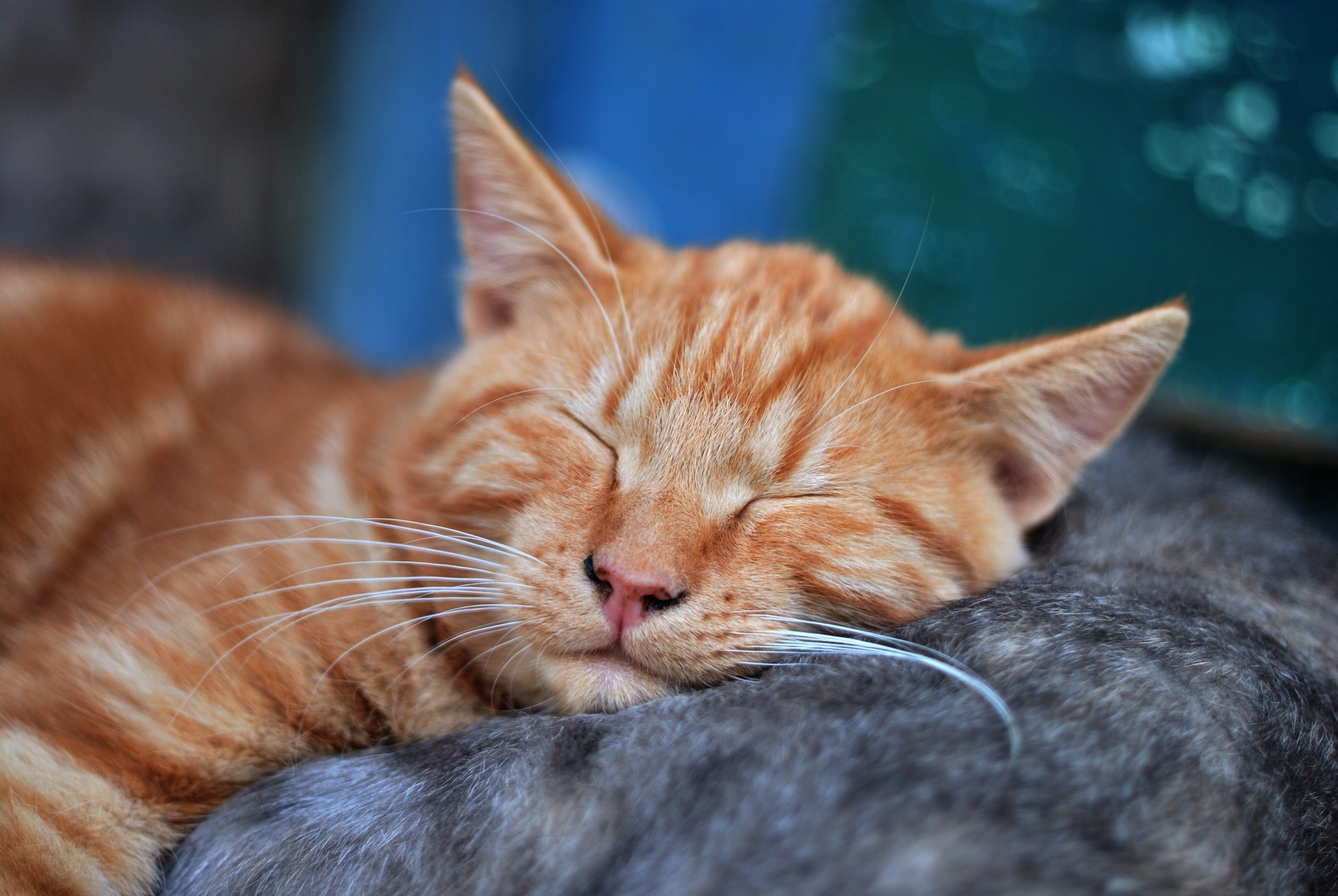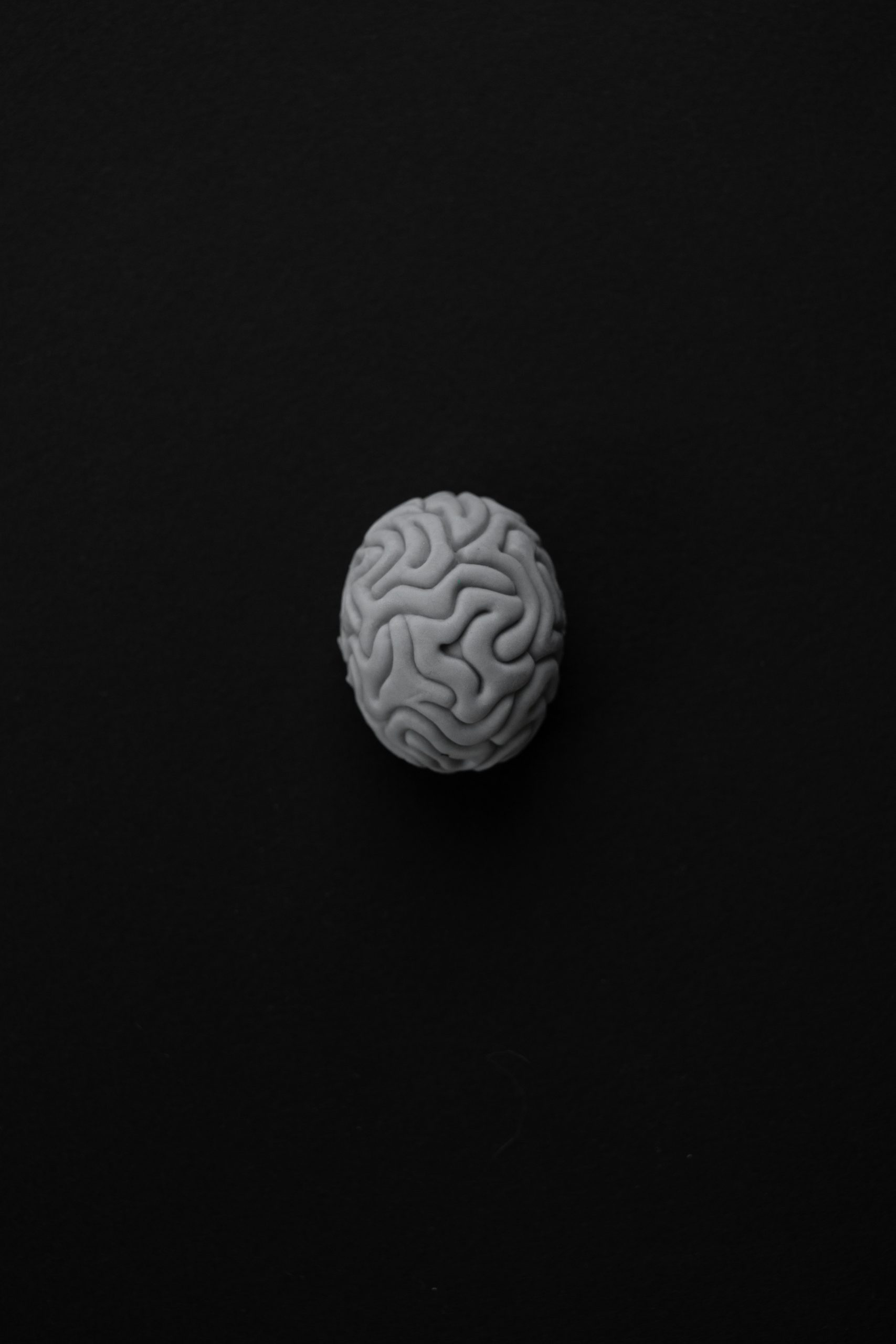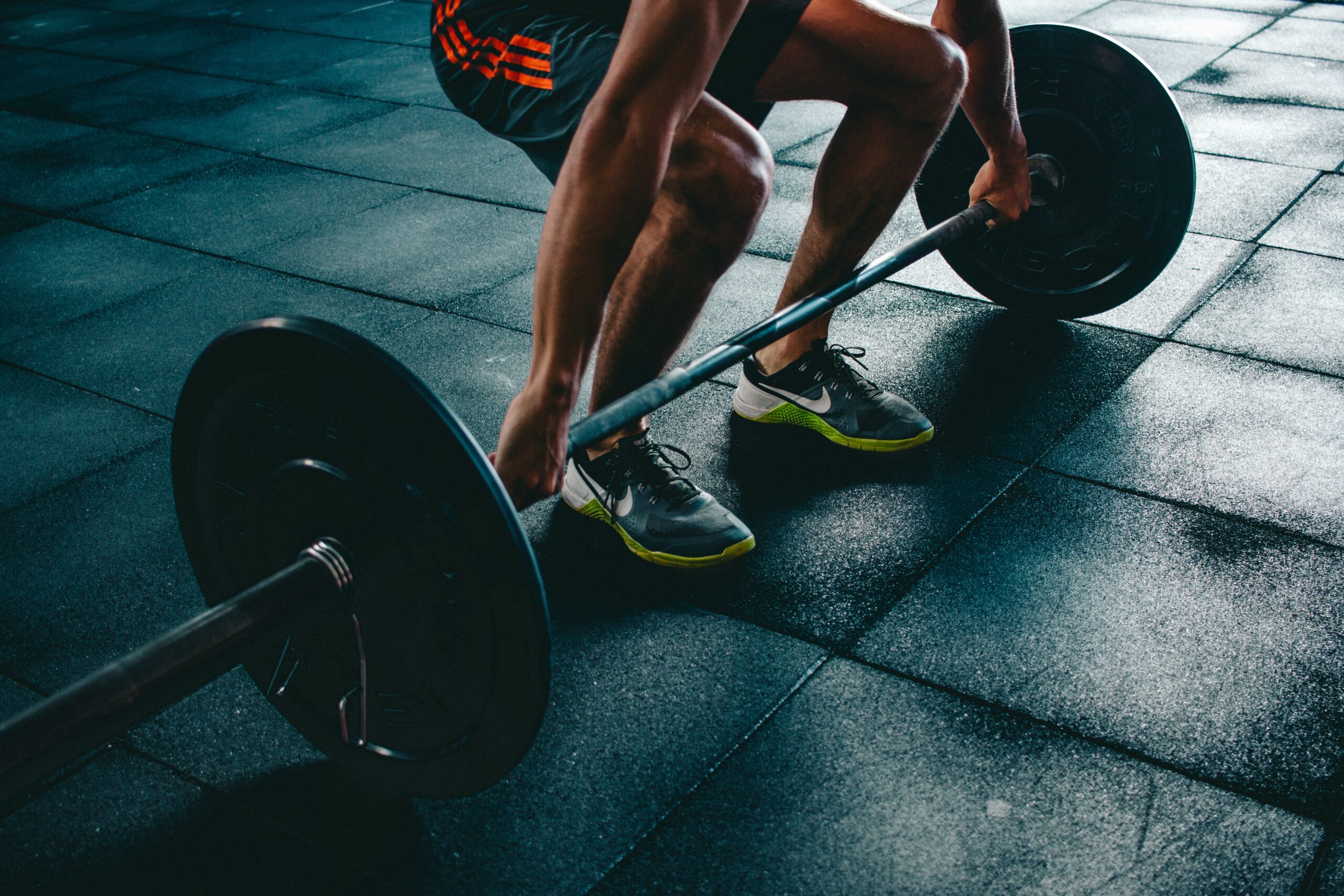why sleep is so important.
When you sleep, your body undergoes a series of changes that enables the rest that is vital to your overall health. Sleep allows the brain and body to slow down and engage in processes of recovery, promoting better physical and mental performance the next day and over the long-term.
Circadian rhythms are physical, mental, and behavioral changes that follow a 24-hour cycle. These natural processes respond primarily to light and dark and affect most living things, including animals, plants, and microbes. Chronobiology is the study of circadian rhythms. One example of a light-related circadian rhythm is sleeping at night and being awake during the day.
Stress can adversely affect sleep quality and duration, while insufficient sleep can increase stress levels. Both stress and a lack of sleep can lead to lasting physical and mental health problems.
It is crucial that people who are having issues with stress or lack of sleep do not try to tackle these problems alone.
Decreased sleep is a risk factor for increased blood sugar levels. Even partial sleep deprivation over one night increases insulin resistance, which can in turn increase blood sugar levels. As a result, a lack of sleep has been assoicated with blood sugar dysregulation.
Sleep deprivation is associated with markers of inflammation, such as increases in inflammatory molecules—including cytokines, interleukin-6, C-reactive protein (a marker of inflammation that’s elevated in people at risk for heart disease and diabetes), and others— among people who weren’t sleeping well.
tips for a good nights sleep
Follow a Nightly Routine
How you prepare for bed can determine how easily you’ll be able to fall asleep. A pre-sleep playbook including some of these tips can put you at ease and make it easier to get to fall asleep when you want to.
Keep Your Routine Consistent: Following the same steps each night, including things like putting on your pajamas and brushing your teeth, can reinforce in your mind that it’s bedtime.
Budget 30 Minutes For Winding Down: Take advantage of whatever puts you in a state of calm such as soft music, light stretching, reading, and/or relaxation exercises.
Dim Your Lights: Try to keep away from bright lights because they can hinder the production of melatonin, a hormone that the body creates to facilitate sleep.
Unplug From Electronics: Build in a 30-60 minute pre-bed buffer time that is device-free. Mobile phones, tablets, and laptops cause mental stimulation that is hard to shut off and also generate blue light that may decrease melatonin production.
Test Methods of Relaxation: Instead of making falling asleep your goal, it’s often easier to focus on relaxation. Meditation, mindfulness, paced breathing, and other relaxation techniques can put you in the right mindset for bed.
FOod & Drink that affect sleep.
Avoid Caffeine – this is an obvious one. Stimulants such as caffeine and sugar are best avoided in the evening, and for a lot of people should not be consumed after mid afternoon.
Avoid eating late at night – This requires your body to work hard to digest the food you’ve just eaten, disrupting the natural slowing down of the body. The same applies to large portions of food for dinner, when you get that overful feeling.
Chocolate – chocolate contains sugar and often caffeine, both of which can disrupt your latter stages of sleep and cause rapid eye movement. This can leave you feeling groggy the following day.
Why not try? Cherries – cherries can help to promote the production of melatonin.
Bananas – with a high magnesium content, bananas can help to promote relaxation and calmness.
Turkey – not just a Christmas meat after all. Turkey contains tryptophan, a co-factor in the production of melatonin helping to induce sleep. Similarly, brown rice, yoghurt and fish all contain trytophan, so are a great idea for your evening meals.
Almonds – another magnesium containing food, helping to promote relaxation and also blood glucose regulation.

